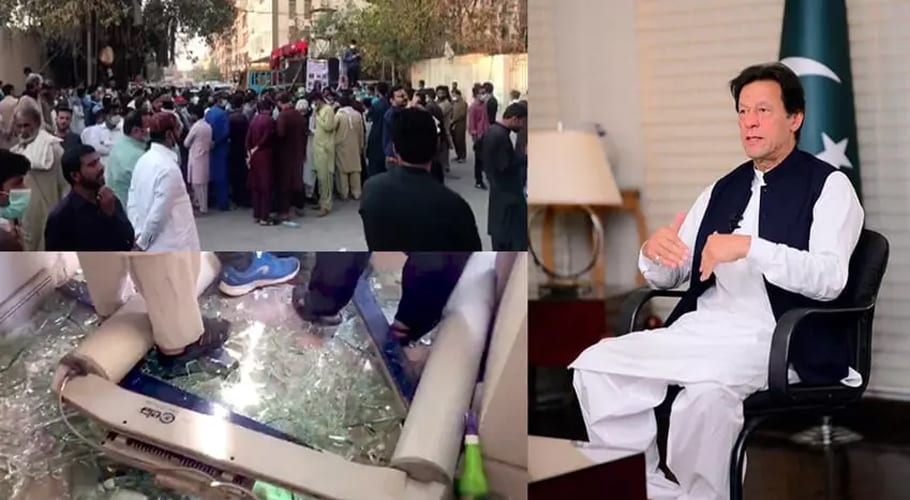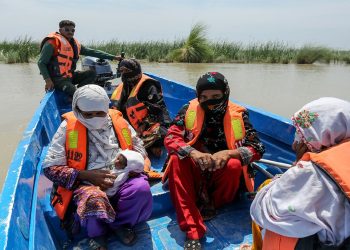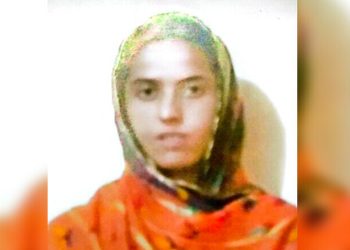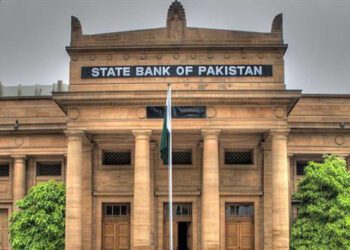Pakistan is passing through a critical phase as the citizens and press of a country are denied freedom of expression. The situation is at its worst as there is a system in place to ensure they are deprived of this right while the governments and state institutions appears to be the chief offenders.
The intentions of any government that has come to power with public support cannot be doubted, but the ground realities cannot be ignored that further steps have yet to be taken to protect freedom of expression, which should have been a top priority for governments.
Claims of protection of freedom of expression in the beloved country are valid, but over time, governments formed by every political party, including the PML-N, PPP and PTI, have failed to stop attacks on the media.
Challenges trials for Pakistani media
Pakistani media was faced with different challenges both in terms of content and coverage as well as in the nature of the steps to restrict press freedom and the free flow of information in the country. Media in every passing moment witnessed more hostile forms of censorship being enforced to restrict the free flow of information in the country.
Journalism in Pakistan victimized from establishment of the country however, it is not possible here to tell the whole incidents. I will try to recall some latest incidents against journalism, journalists and media institutions in the country.
There were various incidents of journalists being nabbed for their coverage for highlighting serious issues across the country. Press freedom continued to be threatened as media organizations faced increasing censorship and journalists being kidnapped, apprehended and killed with impunity.
The most high-profile case of a media worker during the year was Jang Editor-in-Chief Mir Shakil ur Rehman’s arrest by National Accountability Bureau (NAB). He was later shifted to jail and granted bail more than seven months later in November 2020.
In July 2020, senior journalist Matiullah Jan was kidnapped from Islamabad while senior reporter Ali Imran Syed went missing in October. Criminal cases were lodged against former PEMRA chairman Absar Alam and journalists Bilal Farooqi and Asad Ali.
In this year, panic and insecurity amongst the media grew with at least two reported instances of journalists being picked up and disappeared for several hours. Following a story regarding the business assets of Lt General (Retired) Asim Saleem Bajwa, journalist Ahmad Noorani received life threats.
A publishing house, as well as the Karachi Press Club (KPC), was raided by security agencies, further creating a sense of fear. Media in Pakistan has come under attack on all fronts — from adapting to the challenge of covering the epidemic to working inside an increasingly restrictive space for free expression and press freedom.
Latest attack on freedom of expression
On Sunday night, some miscreants in the metropolis attacked the main office of the private channel under an elegant plan in the city. The reason for the attack stated as the miscreants were angered by an edited video that had want viral on different social media platforms.
Whenever I visited the area where the offices of the private channel situated, I saw police and rangers stationed there. Shockingly, during the attack there were no police officials and rangers in the area which proofed the attack was a pre-planned.
More than 15 attackers tore down walk-through gates and broke through the main gate of the office located on I.I Chundrigar Road. Footage of the office showed shattered glass lying on the floor near the reception area of the building.
The attack just condemned
Soon after the incident, Federal Minister Shibli Faraz condemned the attack and said that citizens always have the choice to launch a formal protest. Meanwhile provincials Information Minister Nasir Hussain Shah also appeared on air to express solidarity and said he will shortly arrive at the venue.
When questioned why police did not act promptly and why they disappear during the attack he said that he strongly condemns such violence.
Several political religious leaders and civil society members termed the attack highly disgraceful, asking what the Sindh Police and rangers near to the place, were doing when attackers led by a known blackmailer traveled several kilometres in Red Zone.
Free press is essential to a democratic society
It is clearly understand the words of a single journalist or analyst should not be taken as the opinion of the whole media house. Even if any journalist’s words hurt someone, the organization usually itself had issued an apology on the issue and that the matter should have been laid to rest.
However, to create an issue out of it and to use to impel an organized campaign against the organizations and to bring a mob to the offices of the private channel and to damage the building, to attack the employees is in no way acceptable as well as the attitudes of authorities disappointed.
It was the job of journalists to be skeptical and ferret out the truth. Media workers and Journalists often saw themselves as a pillar of democracy by bringing transparency and highlighting corruption to the affairs of States.
A free press is essential to a democratic society. It seeks out and circulates information, ideas, news comment, and opinion and holds those in authority accountable.
For a democratic and civilized society the government should take immediate and appropriate steps for the protection of the lives of journalists and media organizations by ensuring press freedom in the country.





































